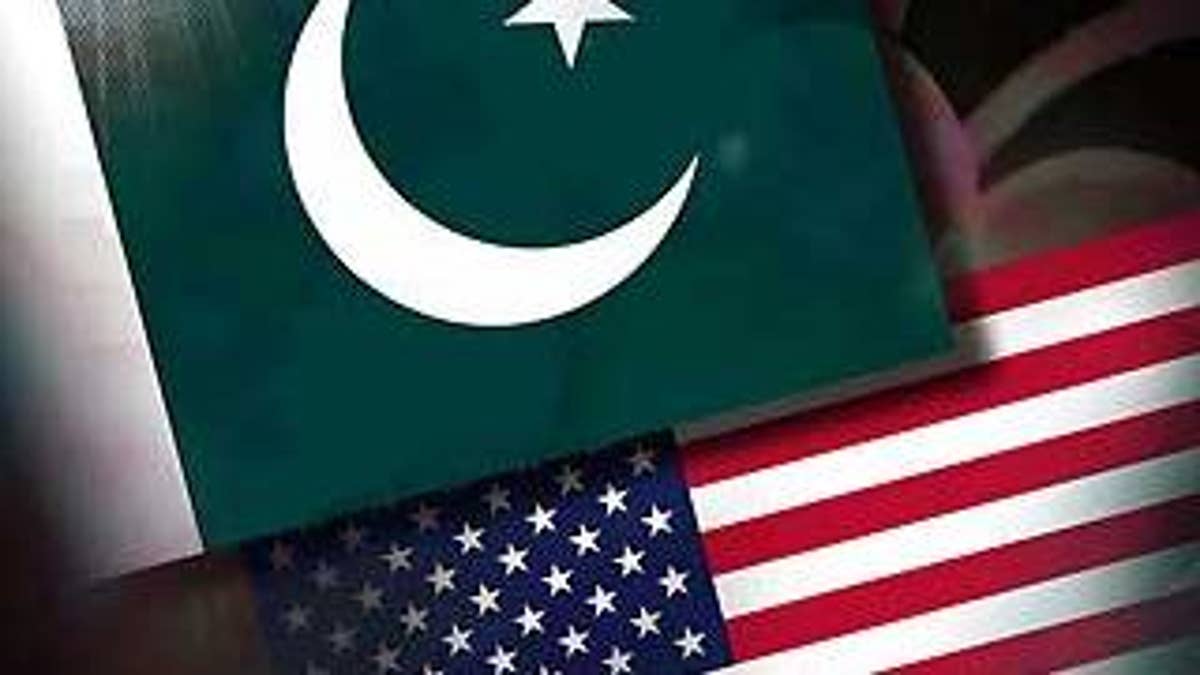
The United States has a detailed plan for infiltrating Pakistan and securing its mobile arsenal of nuclear warheads if it appears the country is about to fall under the control of the Taliban, Al Qaeda or other Islamic extremists.
American intelligence sources say the operation would be conducted by Joint Special Operations Command, the super-secret commando unit headquartered at Fort Bragg, N.C.
JSOC is the military's chief terrorists hunting squad and has units now operating in Afghanistan on Pakistan's western border. But a secondary mission is to secure foreign nuclear arsenals -- a role for which JSOC operatives have trained in Nevada.
The mission has taken on added importance in recent months, as Islamic extremists have taken territory close to the capital of Islamabad and could destabilize Pakistan's shaky democracy.
"We have plans to secure them ourselves if things get out of hand," said a U.S. intelligence source who has deployed to Afghanistan. "That is a big secondary mission for JSOC in Afghanistan."
The source said JSOC has been updating its mission plan for the day President Obama gives the order to infiltrate Pakistan.
"Small units could seize them, disable them and then centralize them in a secure location," the source said.
A secret Defense Intelligence Agency document first disclosed in 2004 said Pakistan has a nuclear arsenal of 35 weapons. The document said it plans to more than double the arsenal by 2020.
A Pakistani official said the U.S. and his country have had an understanding that if either Usama bin Laden, or his deputy, Ayman Zawahiri, is located, American troops and air strikes may be used inside borders to capture or kill them.
What makes the Pakistan mission especially difficult is that the military has its missiles on Soviet-style mobile launchers and rail lines. U.S. intelligence agencies, using satellite photos and communication intercepts, is constantly monitoring their whereabouts. Other warheads are kept in storage. U.S. technical experts have visited Pakistan to advise the government on how to maintain and protect its arsenal.
Also, there are rogue elements inside Pakistan's military and intelligence service who could quickly side with the extremists and make JSOC's mission all the more difficult.
"It's relatively easy to track rail-mounted ones with satellites," said the intelligence source. "Truck- mounted are more difficult. However, they are all relatively close to the capital in areas that the government firmly controls so we don't have to look too far."
JSOC is made up of three main elements: Army Delta Force, Navy SEALs and a high-tech special intelligence unit known as Task Force Orange. JSOC was instrumental in Iraq in finding and killing Abu Musab Zarqawi, the deadly and most prominent Al Qaeda leader in the Middle East.
There is speculation in the intelligence community that a secondary reason for Army Lt. Gen. Stanley McChrystal being named the next commander in Afghanistan is that he headed JSOC in 2006-08 and is read-in on its contingency missions in Pakistan.
Adm. Michael Mullen, Joint Chiefs of Staff chairman, this month said that based on the information he has seen Pakistan's nuclear warheads are safe.
"I remain comfortable that the nuclear weapons in Pakistan are secure, that the Pakistani leadership and in particular the military is very focused on this," he said. "We the United States have invested fairly significantly over the last three years, to work with them, to improve that security. And we're satisfied, very satisfied with that progress. We will continue to do that. And we all recognize obviously the worst downside of -- with respect to Pakistan is that those nuclear weapons come under the control of terrorists. "
Rowan Scarborough is the author of "Rumsfeld's War: The Untold Story of America's Anti-Terrorist Commander;" and "Sabotage: America's Enemies Within the CIA."












































